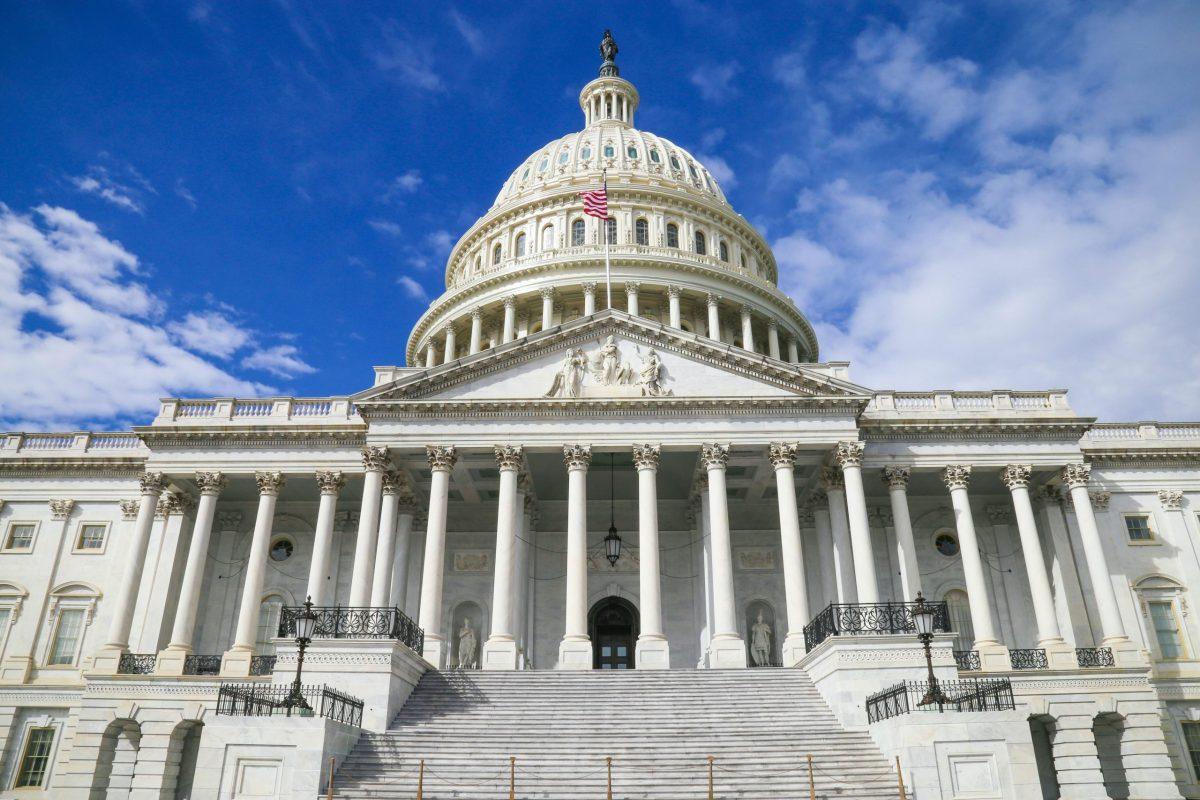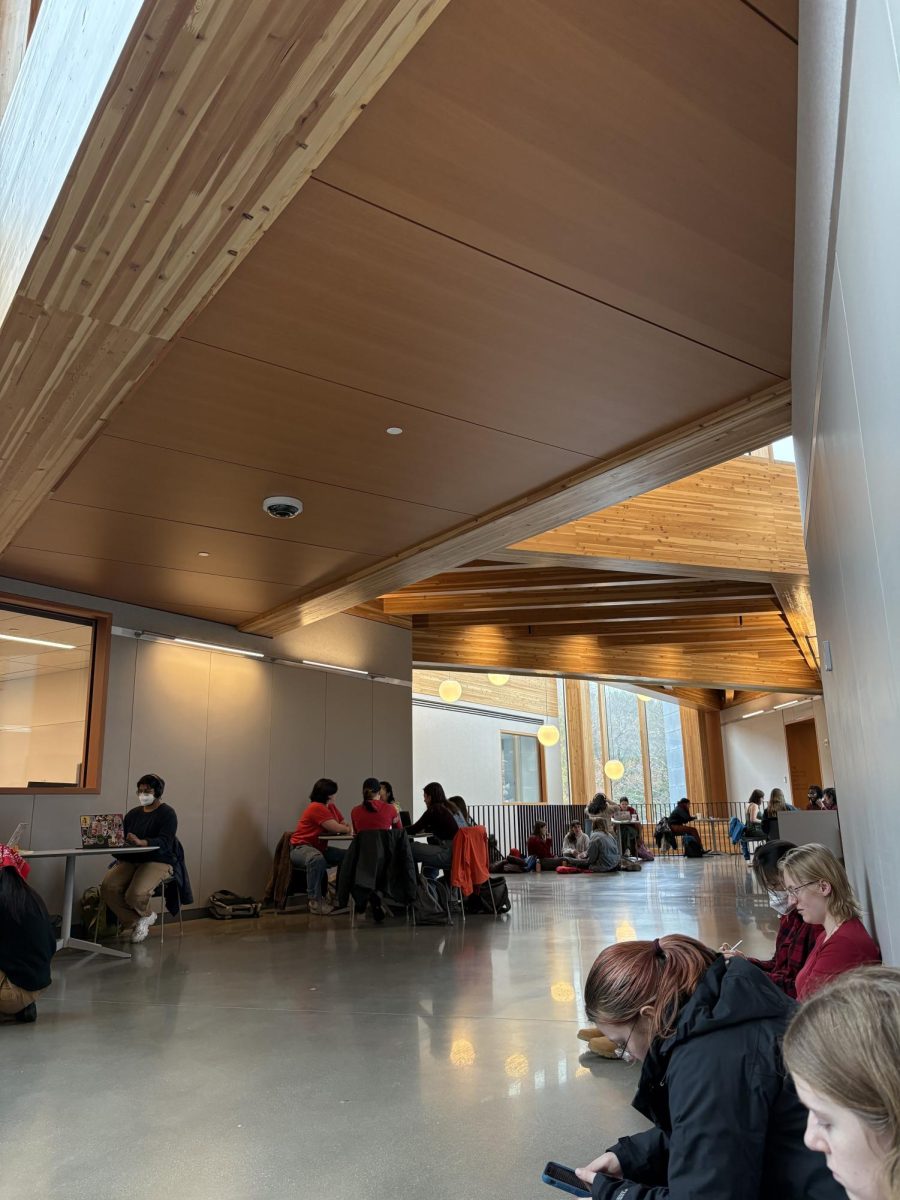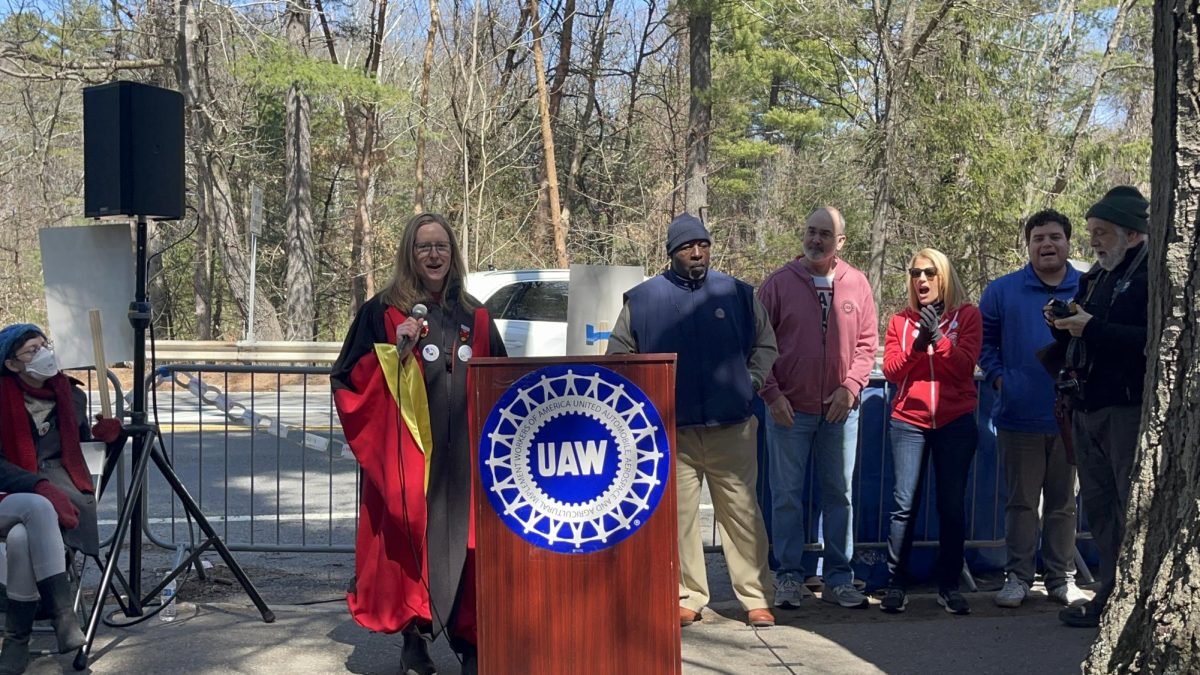The long-awaited COVID-19 relief bill passed on March 10 after weeks of debate in the House and Senate. Given the economic, social and emotional strife of the pandemic, the bill offers a glimpse of hope. Students, in particular, are increasingly recognized through the bill, which promises financial assistance during this health crisis. The relief bill did not include a cancellation of student debt, but it did make student debt accumulated during the pandemic tax-free.
Reactions to partial student debt relief
Carrington Parks ’24 expressed her disappointment at the decrease in support for student debt cancellation, which was one of Biden’s campaign promises.
“Honestly, that would have been better than getting the stimulus because debts linger for years and years and years, whereas the stimulus will last a couple of months depending on the amount,” she said.
Parks did, however, acknowledge that the bill will have an impact, regardless of debt cancellation.
“I think they were really trying their best to just get [the bill] passed and get that principal amount in people’s hands,” she said. “That was one of the things that got cut along the way because [the Democrats] have the slimmest majority in history.”
Doubt surrounding the effectiveness of student debt cancellation still lingers. There is tension between what President Joe Biden envisions for debt cancellation, forgiving $10,000 per borrower and Senate Majority Leader Chuck Schumer’s proposal, which would forgive $50,000.
“I’m not exactly sure how they plan on implementing that because college is already so expensive and there’s so many students. I’m not too clear on … which populations they are trying to center in that [legislation],” Ryan Rowe ’23 said.
The $2 trillion bill disbursed the first wave of stimulus checks since April 2020 and revealed an increased acknowledgement of college students in need of funding with the American Rescue Plan. There was also discussion in the House and Senate of including a provision for a national $15 minimum wage. Despite the progress made in the bill, a higher national minimum wage is still incredibly contested. As the cost of living increases, the federal minimum remains stagnant at $7.25 per hour, though local wages vary by state and county.
As Rowe ’23 expressed, “$15 would be closer to a living wage.”
Change in political engagement
As this year was a time in politics like no other, many students’ levels of political involvement changed. For Parks, this was certainly the case. Parks had been politically active before the 2020 election, volunteering for Stacey Abrams’ 2018 gubernatorial campaign in Georgia. Abrams did not end up winning, but it was an important experience for Parks. She was not able to vote in 2018, but she was in 2020.
“It was kind of empowering for me [as] a minority and as a woman,” Parks said. “I got to participate in [a] process that my ancestors have been fighting for for hundreds of years.”
This election cycle, Georgia flipped from red to blue, arguably guaranteeing Biden the presidency. Parks also expressed her joy at the change.
“I was both surprised, and so proud. It’s kind of like when you have that troublesome cousin, and then they finally graduated from high school or something,” she said.
Celis Lee ’24 has been politically active since high school, participating in political student organizations and advocating for issues that impact Asian Americans. With regard to the recent spike in hate crimes against Asian Americans, Lee conveyed her resignation with this pattern.
“To be honest, [the recent spike] did not surprise me at all,” she said. “I might come from a unique perspective because I have always been focused on issues impacting Asian Americans for a really long time … I’m glad that more people know about what’s going on, but these issues have been here. And I don’t know why we can’t move past it.”
Both Parks and Lee expressed their trepidation about the future of the general public’s political involvement.
“[Advocacy] for marginalized people has died down, and I wish there was a way to get back to that energy,” Lee said. “People have become tired.”
Regarding the recent relief bill, Parks vowed to continue to try and hold the Biden administration accountable to their promises, but also acknowledged that Biden has only been in office for three months.
“I still intend to hold him accountable, but it’s only been two months from one of the worst presidencies. I will cut him the smallest amount of slack possible,” Parks said.
On the other hand, others expressed hope for the progress of the Biden administration, with some limitations.
“I think they’re definitely headed in a positive direction as far as giving us some type of economic boost,” Rowe shared.






